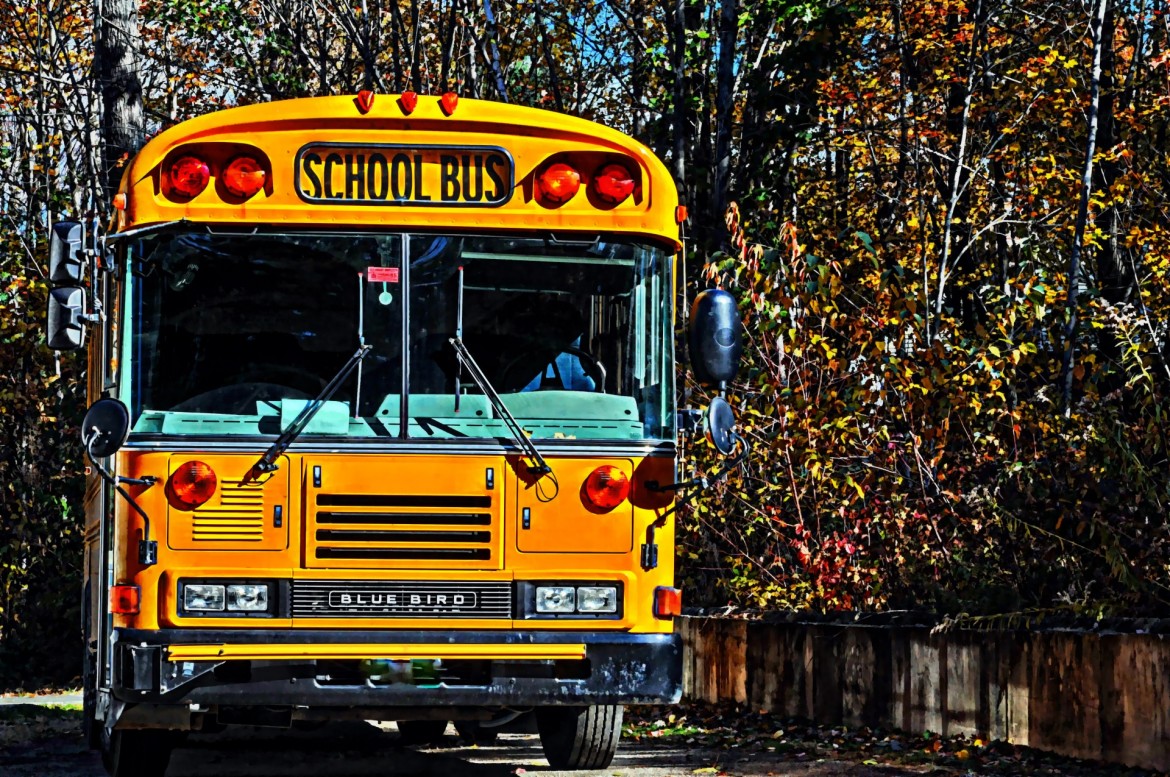By PAULA TRACY, InDepthNH.org
CONCORD – New Hampshire is one of only a handful of states that are requiring in-person learning right now.
While most states are encouraging it and have moved in that direction following Centers for Disease Control and local health guidance, some states, like New Hampshire are now requiring it as of March 8, at least for two days a week.
Minnesota’s Democratic governor announced earlier this week that schools should reopen for in-person instruction by March 8, but Minnesota is one of eight states that have prioritized the vaccination of teachers, according to the Minneapolis Star Tribune.
Iowa, Florida, Arkansas, and Texas with Republican governors, are other states that have mandated a return to classrooms, for at least part of the school week this spring.
All schools in 50 states closed last year due to the fear of spreading COVID-19. While most of the state’s schools are offering at least some form of in-person instruction, Republican Gov. Chris Sununu said on Thursday that for the behavioral health and wellbeing of the state’s children, he would issue an executive order forcing students to return to classrooms for at least two days a week, as of March 8.
He did so Friday. A copy of the emergency order can be found here.
“This Emergency Order will help get kids back in the classroom,” Sununu said in a news release. “The data and science is clear — kids can and should learn in-person, and it is safe to do so. I would like to thank all school districts, teachers, and administrators who have been able to successfully navigate this path.”
A K-12 school may transition to required full-time distance learning for all students or a segment of students for up to 48 hours without approval from the state if the transition is necessary to assess concerns related to COVID-19 infections, staffing shortages related to infections, or another unexpected event or series of events related to COVID-19, Sununu said.
If a school wishes to transition to fully-remote learning for more than 48 hours, they must receive approval from the Commissioner of Education, in consultation with Public Health, he said.
Senate Democratic Leader Donna Soucy, D-Manchester, and Deputy Senate Democratic Leader Cindy Rosenwald, D-Nashua, issued the following statement Friday:
“Everyone wants schools to open so children can get safely back in the classroom, but Governor Sununu is making that harder by cutting education funding for schools and not providing assistance, PPE, or vaccinations for teachers.
“Instead of working with our school districts to make opening schools easier, Governor Sununu has attacked our teachers — who have faced the unparalleled challenge of maintaining the high-quality education our students deserve with no time, no funding, and in the middle of a global pandemic.”
Sununu made the announcement as state officials said they are having to expand emergency behavioral health housing for children who are waiting in hospital emergency rooms for a bed in a psychiatric facility.
Sununu said COVID-19 and its associated isolation “vastly exacerbated” that crisis for children.
Most teachers and staff in New Hampshire who are under the age of 65 have not had the opportunity to get the vaccine, but their turn is coming in April, Sununu said.
Teachers’ unions have asked the governor to give them more of a priority for vaccinations.
Ken Norton, executive director of NAMI-NH, said he couldn’t link the increase to whether students are in school, but said the pandemic has definitely taken a toll on youngsters.
He said the number of children waiting in hospital emergency rooms for a psychiatric bed has risen dramatically.
Before the pandemic, the highest average number of children waiting in emergency rooms was 7 in 2017. During the first quarter of the pandemic April- June the number was tied at 7, the next quarter there were 10 children and the quarter ending in December, there were 16, Norton said.
“Last week we hit 51 on a single day,” Norton said. The highest single day before the pandemic saw 24 children waiting in emergency rooms.
Teachers’ Union
NEA-NH, the statewide teachers’ union, said Sununu was a little “late to the game” and that most school districts were moving in that direction or are already there. A copy of the press release from NEA-NH is here. https://neanh.org/2021/02/18/nea-nh-governor-sununu-late-to-the-game-again/
About 40 percent of all public schools K-12 are now offering fully in-person learning while the governor said the others offer hybrid remote/in-person. About a half dozen districts are currently in full remote.





